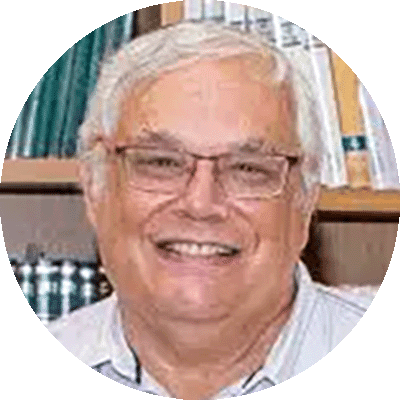The Passover Seder serves not only as ‘the quintessential exercise in Jewish group memory’ according to the Yerushalmi, but it can serve as a paradigm of what Jewish education should be. The Seder with its symbols, practices and intellectual stimulation resonates in us all. In fact, I, as a child of Holocaust survivors, used the model of the Four Sons in the Haggadah to typify the Second Generation’s reaction and interaction with their heritage. Below, you can find my poem “Four Sons,” as featured in the Creating Memory program, as well as discussion prompts for how each of the Four Sons relates to the role of memory in Jewish education.
After redemption, there were four sons,
So too after the destruction.
The wise son pores over tractates of names,
And lists of towns, too small, it would seem,
to bear the burden of its dead.
The simple son stares at photographs on museum walls,
And is visited at night by the visages of the dead,
Who awaken him with tears.
Awaits the day the silence will end,
So his question may be asked.
The evil son…
After destruction there is no evil son,
Just a son who longs to be normal,
And believes that by ignoring the past,
He might be like others.
I would like to use this poem as a springboard to a discussion about Holocaust history vs memory, in order to discuss various archetypes of students that you will encounter in teaching the Holocaust and in general.
1. The Wise Son Archetype
“The wise son pores over tractates of names,
And lists of towns, too small, it would seem,
to bear the burden of its dead.”
Discussion Prompt: On the face of it, the wise son is an ideal student, who will score 100 on every test, but the Haggadah gives us hints about his problems. Firstly, he uses the language “commanded you” and not “commanded us.” Secondly, the answer given to him relates not only to his intellectual prowess but also to his sensation – the need for the taste of the Afikomen to stay on his palate. How do you address the wise son from an educational standpoint, especially since the problems with a student like this are not always clear on the surface?
2. The Simple Son Archetype
“The simple son stares at photographs on museum walls,
And is visited at night by the visages of the dead,
Who awaken him with tears.”
Discussion Prompt: The simple son problem seems very clear and the solution obvious: this student has a gap in his knowledge that needs to be filled. However, it is not that straightforward. The son in the Haggadah is called “Tam” which can be also translated as naïve. What challenges do naiveté and emotional sensitivity play in education, especially in Holocaust education and Holocaust memory?
3. The Son Who Doesn’t Know To Ask
“The son who knows not to ask,
|Awaits the day the silence will end,
So his question may be asked.”
Discussion Prompt: Here is my first real diversion from the Haggadah. In the Haggadah, we refer to a son with no intellectual curiosity about the Seder, and so the effort we must put forth is to involve him and arouse his curiosity. As a Second Generation Holocaust survivor, my problem was not a lack of curiosity, but rather, my parents’ silence and knowing that I could not ask for fear of causing them more pain by recalling the trauma. So here, we need to discuss educational challenges – firstly, how can we involve the disinterested student, and secondly, how can we modulate the teaching of the Holocaust to both spark emotional involvement without being too triggering?
4. The Wicked Son Archetype
“The evil son…
After destruction there is no evil son,
Just a son who longs to be normal,
And believes that by ignoring the past,
He might be like others.”
Discussion Prompt: Here is another diversion from the Haggadah. In the Haggadah, we refer to a son who maliciously tries to exclude himself from the Seder. In the generation after the Holocaust, there are Holocaust deniers and even children who run away from their Holocaust heritage. There is a similar challenge for educators when dealing with the fourth generation of Holocaust survivors or, even more so, with children whose parents and grandparents have no connection to the Holocaust. As the years go by, how do we make the Holocaust relevant and how do we motivate students like these to connect personally to Holocaust memory?

Martin Herskovitz
Martin Herskovitz is a Second Generation to Holocaust survivors. His poetry deals with his attempt to find a narrative from the silence and a way to process the traumatic memory of the Holocaust that was transmitted to him. For more information or any questions about his project Creating Memory, please contact him at hmartin@bezeqint.net.


I love how you reframed the one that doesn’t know how to ask as a person who is emotionally in tune and sensitive to others. I love the work you are doing! Happy Pesach.